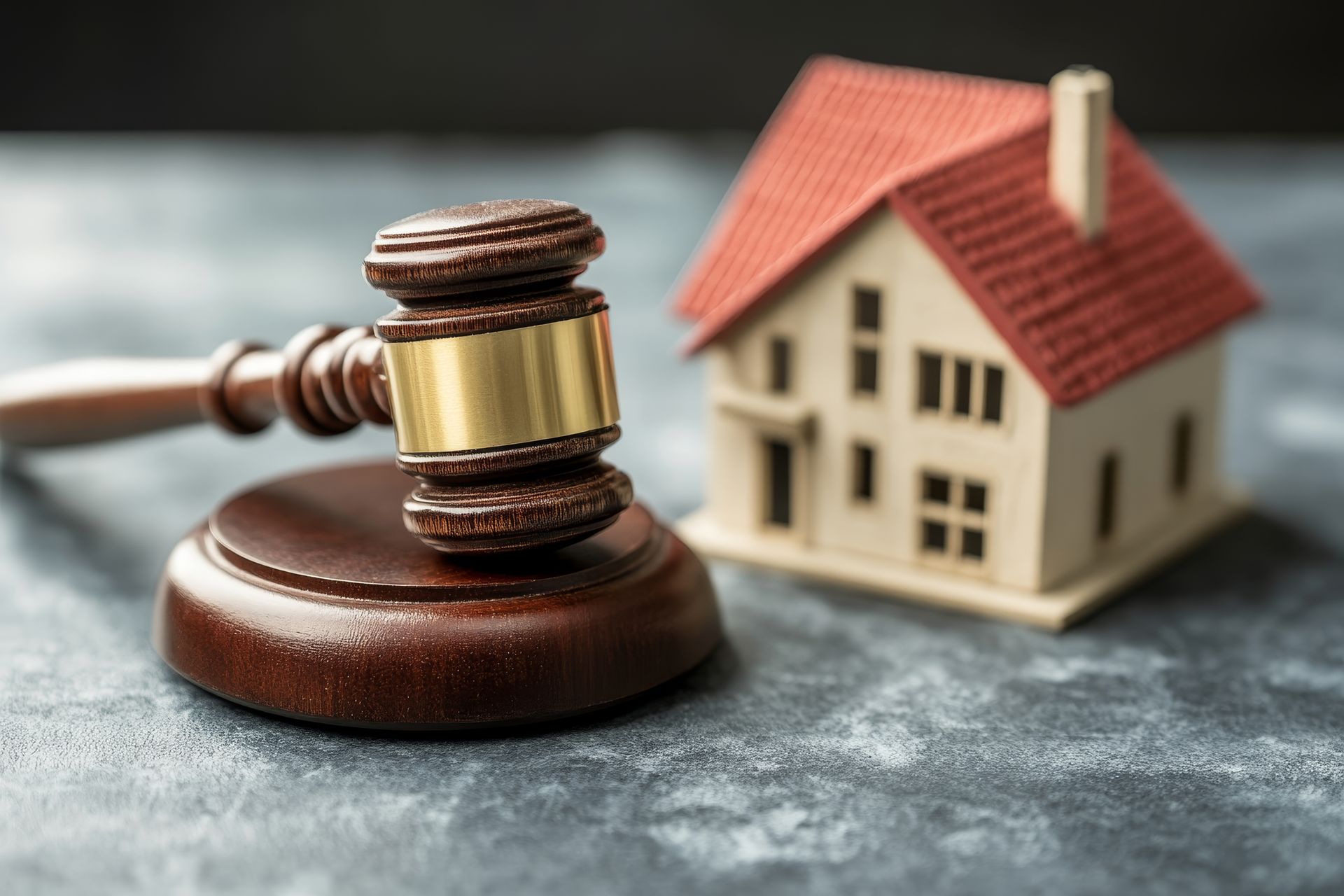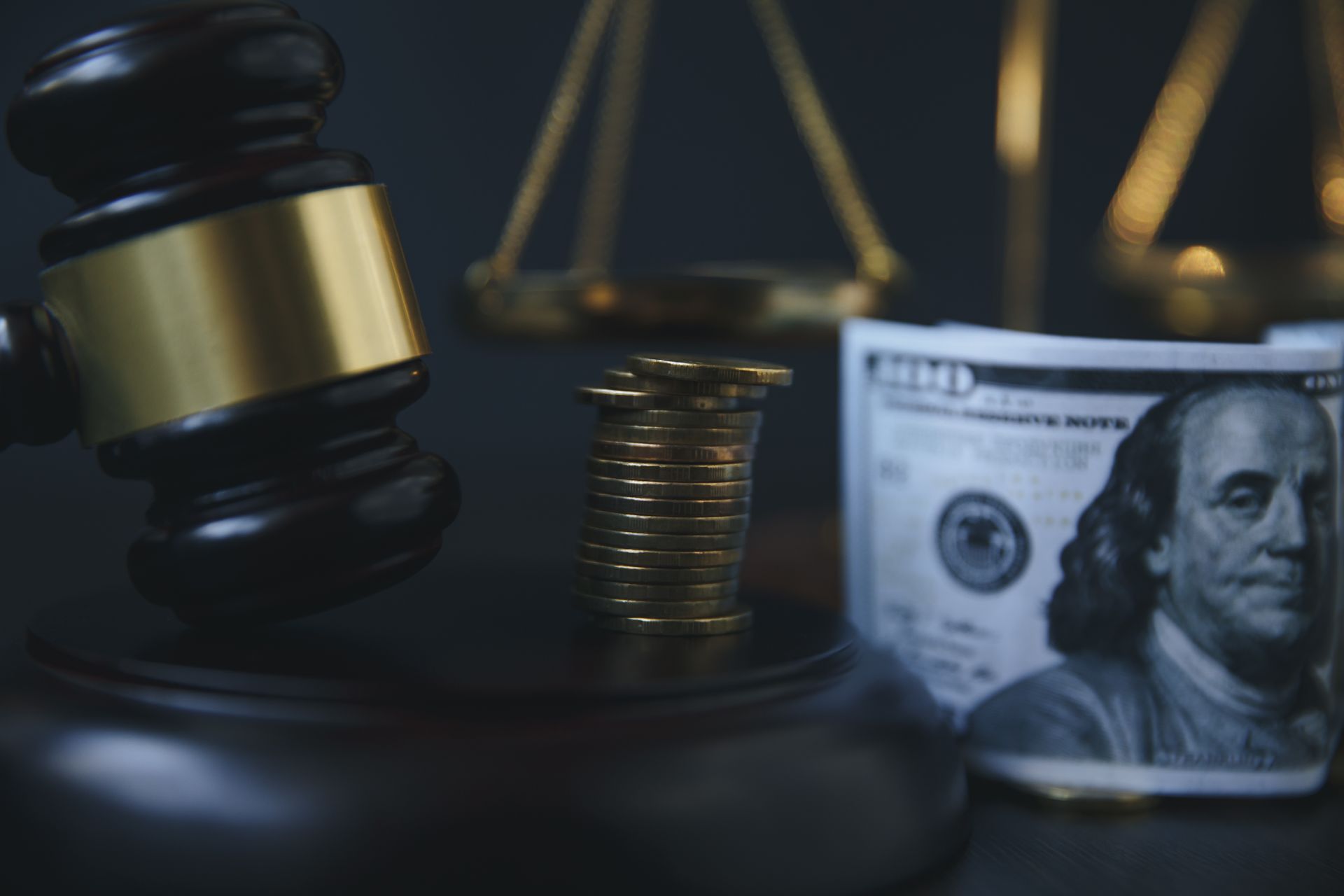How to Decide Between Debt Liquidation and a Repayment Plan in Florida
How to Decide Between Debt Liquidation and a Repayment Plan in Florida
Debt can quickly become overwhelming, leaving many Florida residents unsure of their options. If you are struggling to keep up with bills, two of the most common solutions are Chapter 7 bankruptcy (debt liquidation) and Chapter 13 bankruptcy (repayment plan). Both options are available under federal law, but Florida has unique rules and exemptions that affect how they work.
Understanding the difference between these two paths can help you decide which one fits your financial situation and long-term goals.
Chapter 7 Bankruptcy: Debt Liquidation
Chapter 7, also known as liquidation bankruptcy, is designed to give individuals a fresh start by eliminating most unsecured debts. Credit cards, medical bills, and personal loans are often discharged, meaning you are no longer legally required to pay them.
In Florida, many residents are able to keep essential assets due to strong exemption laws, such as:
- Homestead exemption to protect your primary home
- Vehicle exemption up to a certain equity limit
- Personal property exemption covering everyday items
- Wages and retirement savings that are generally safeguarded
Chapter 7 is typically best for individuals with limited income who cannot realistically pay back their debts.
Chapter 13 Bankruptcy: Repayment Plan
Chapter 13, often called the “wage earner’s plan,” allows you to restructure your debts into a manageable repayment schedule. Instead of eliminating debt outright, you commit to making monthly payments for three to five years based on your income and budget.
Benefits of Chapter 13 include:
- The ability to stop foreclosure and catch up on mortgage payments
- Protection of assets that might not be exempt under Chapter 7
- Consolidation of debt into one monthly payment
- The opportunity to pay a reduced portion of unsecured debts
This option works well for individuals with a steady income who want to keep their property and have the ability to pay back some of what they owe.
Choosing the Right Option
The choice between Chapter 7 liquidation and Chapter 13 repayment depends on your income, debt type, and financial goals. Questions to consider include:
- Do you need immediate relief from debt with no repayment obligations?
- Do you have assets you want to protect that might not be exempt under Chapter 7?
- Do you have regular income that could support a structured repayment plan?
Bankruptcy is a powerful tool, but it must be matched to your circumstances.
Why Work With a Florida Bankruptcy Attorney
Bankruptcy law can be complex, and every situation is different. That’s why working with a knowledgeable attorney is so important. At the Law Offices of Michael H. Johnson, P.A., we’ve helped individuals and families across Fort Lauderdale, West Palm Beach, and South Florida understand their choices and move forward with confidence.
We will review your income, assets, and debts to determine whether liquidation or a repayment plan is in your best interest, while ensuring your rights are protected throughout the process.
Take the First Step Today
Debt does not have to define your future. Whether liquidation under Chapter 7 or repayment under Chapter 13 is right for you, Florida law gives you options to find relief.
Contact the Law Offices of Michael H. Johnson, P.A. today at 954-737-5800 to schedule a consultation. Serving Fort Lauderdale, West Palm Beach, and surrounding communities, we are committed to helping you take control of your financial life.
👉 Learn more at: www.attorneydebthelper.com






